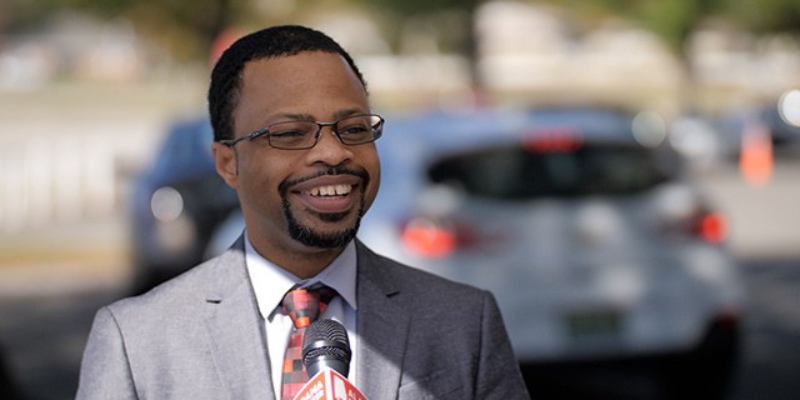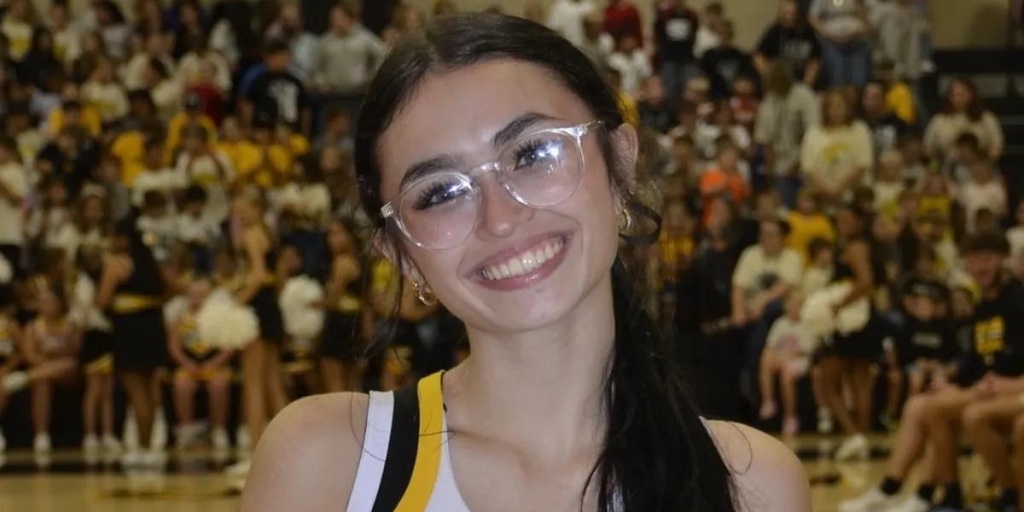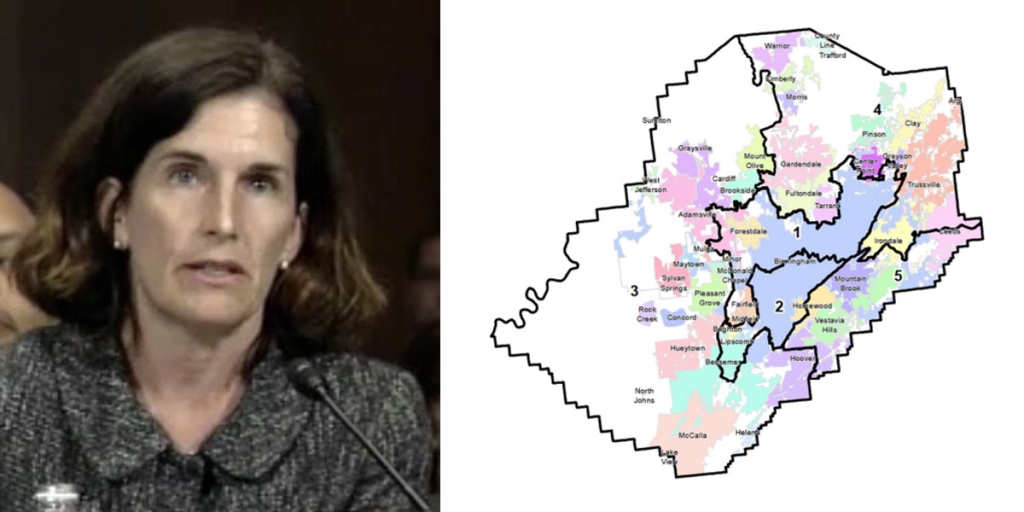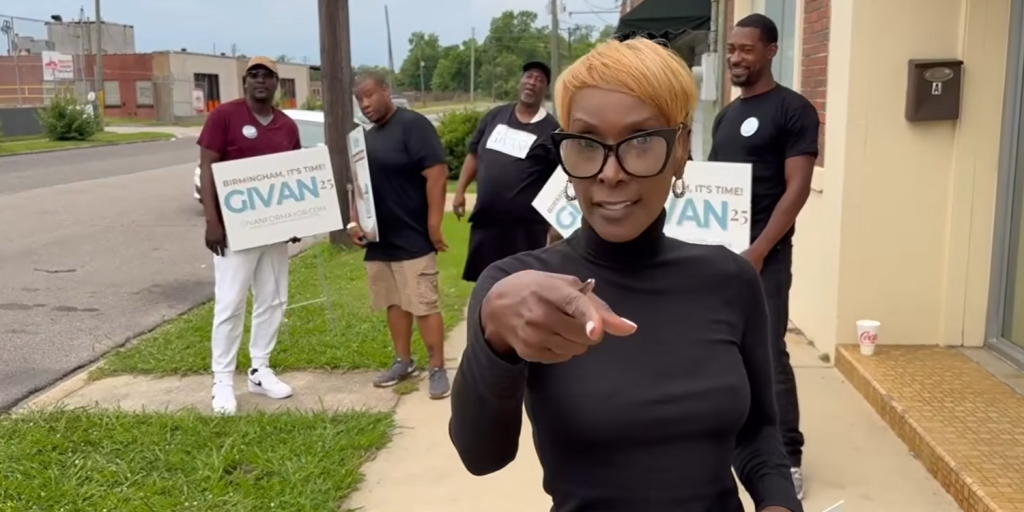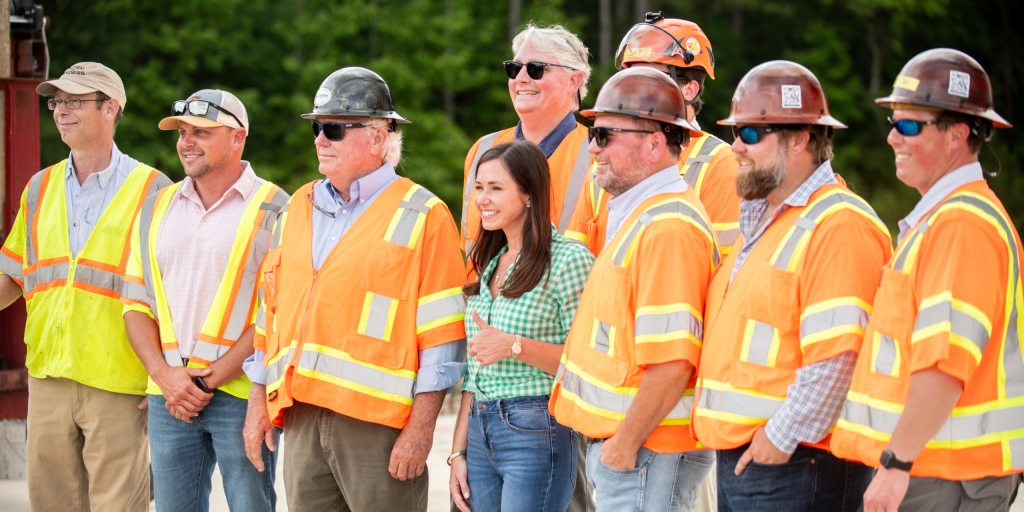Dr. David Hicks readily admits that he looks younger than he is. But it doesn’t take long to realize that he brings to his job a wisdom that extends beyond his 42 years.
As the deputy health officer at the Jefferson County Department of Health, Hicks plays a key role in organizing COVID-19 testing at Legion Field, which has been commended for how smoothly it has run. Residents drive into the Legion Field parking lot and remain in their cars to be tested. Registration can be done in advance or on-site and allows residents to receive test results online in 24-48 hours.
Hicks credits a total team effort for the orderly way the site is run, particularly Dr. Celeste Reese-Willis, who leads the on-site testing. But his personal approach to addressing the coronavirus can be traced to his childhood.
“I’m originally from New Jersey, but I have Southern roots because my parents are from Georgia. There was eight of us in the household – the kids, the parents and my grandmother – so I’m used to a larger, communal setting,” he said. “My father was a minister who founded a couple of churches. What stuck with me was hard work, dedication and taking care of the least of these.”
He recalls that his family would often take in people who were homeless or suffering from substance abuse to give them a place to stay while they were trying to get their lives together.
“So I’ve always had this passion to take care of those who are the most vulnerable,” he said. “I’m a Northerner with Southern roots and values.”
His wife, Dr. Latoya Hicks, is an Alabama native, and the couple has three children. He spoke recently with Alabama NewsCenter about how his upbringing and life experience has shaped his approach to combating COVID-19.
You mentioned taking care of the least of these. How has that factored into your COVID-19 response?
Really having a sensitivity of what people who are struggling or have barriers need. Because it can be out of sight and out of mind, particularly for someone like me. I live a privileged life because of the type of job I work in, but I remember where I came from. We know in the Birmingham area that people have transportation issues. We have a public transportation system, but some people still have access issues. So, when you want to pick a site for testing, you want something that’s convenient and accessible that people know. Here at Legion Field, the No. 1 issue was making sure that no one has to pay out-of-pocket for a test if you don’t have financial means. The Health Department made sure we would cover the cost for anyone who does not have insurance, so that would not even be a question.
So, you have a strategic location, you make sure there’s no financial barrier, then partnering with people in the community that are from the community that the community trusts.
COVID-19 testing at Legion Field is running impressively well. What is the strategy here that makes everything run so smoothly?
The credit goes to my health department colleagues. We have experience setting up test sites. So, when we were planning for this site, we came out and walked the site with the (Jefferson) County EMA, and we looked at the traffic flow patterns. There’s a lot of planning behind the scenes. We thought about all the different variables … to make it as efficient and smooth as possible and have multiple ways of accessing the site. There were some hiccups along the way, so we have to be nimble and adjust, and we’ve been able to do that. We have weekly calls where we touch base: how’s the site going, are we serving the community still, any adjustments need to be made? So, we’re always re-evaluating what we’re doing here.
How important is it to still be testing and getting tested?
It’s extremely important to get tested. We have a lot of people who are asymptomatic who spread COVID-19. We know higher-risk groups right now who have it and are spreading it – not necessarily dying from it. We’re seeing it in our younger populations from 20 to 40 years of age, and now we’re starting to see some things in our high schools. A lot of times, though, they’re not being impacted physically from it, so they may not know about it. So, the way to know about it is to get tested. If you don’t get tested, you can’t make choices and behavioral changes that need to be made. The other thing with testing is that, when we have a high positivity rate in the community – and we’ve had a high positivity rate for almost this entire pandemic (higher than 5%) – you need to identify more cases, and you identify more by doing testing. Then you can quarantine, isolate people and, then over time, the rate starts going down.
When you say community, do mean geographically or demographically?
Both. Geographically, I’m talking about Jefferson County, and there are different pockets in Jefferson County where we’re seeing higher rates. Demographically, the African-American community being higher-risk because of chronic medical conditions and other systemic factors they’ve historically had to face puts them at a disadvantage of dealing with COVID-19. But there’s other parts of the community that we’ve been working with from day one. Persons experiencing homelessness … nursing homes … We’re shifting now to getting people prepared for possible mass vaccinations, so in the state plan, it actually talks about how do you target those high-risk vulnerable groups?
With African Americans being disproportionately impacted by COVID, why is it important to have a Black man helping lead the testing efforts, especially here in a predominantly Black city?
Hearing something from someone who looks like you, talks like you, sounds like you, resonates more. That’s important for some people. For me personally, because of the disparities – things historically, racism, structural racism, things like that – I get it. I lived in Pittsburgh, which is kind of the Birmingham of the North, so I have been working in communities of color that have been disproportionately affected by all these factors, and serving patients as a physician, that I can understand where the African American community, the Hispanic community is coming from. I’ve heard the stories face-to-face, going to the communities, living, working, playing there. So, I would hope that as I am communicating, I’m communicating on a level that makes sense, that’s understandable, relatable, and that people can at least give me the benefit of the doubt and trust where I’m coming from.
But actions speak louder than words. So, for me, as we’re getting to the point of COVID vaccines, if I say everyone needs to get a COVID vaccine, that means I need to be willing to take it myself, I need to be able to tell my family members to do it. So, I will never make a recommendation to anyone to do anything that I’m not willing to do myself. We need to have African American leaders, we need to have Caucasian leaders, Hispanic leaders, everybody, different age groups … there’s so many different people that people will take the message from, so I’m just one of many people that are trying to get the message out.
In the past few days, we’ve had drug companies announce vaccines that appear to have high efficacy rates against the coronavirus. Do you trust where they are in the process? Will you take the vaccine?
What I’m hearing about the vaccine gives me a lot of confidence, but I still have more homework to do. All the safety data has not been released to the general public to consume, so I’m gonna be looking at that safety information. What I want to know is, who received the vaccine? Did you have a diverse group of people who got the vaccine? Was our elderly population, our younger population in there? Were people of different ethnic backgrounds or chronic medical conditions included? What I’m hearing is promising, but I need more information to make an informed decision for myself, and then what we need to do is distill that information down to the average, everyday person. Is it safe and effective, why you think that is, and that’s when I’ll be able to say I’ll get it, and I’ll get it live on camera.
What is your message about the need to stay vigilant concerning the CDC recommendations to wear a mask and social distance?
The vaccine news has been really exciting, but the general public is not going to have access to that vaccine until some time in the spring, so what are we going to do until that time? Social distancing, wearing masks, hand sanitation, cough etiquette, getting tested and not doing unnecessary group activities. Now, if you just pick one of those things, it’s not good enough. If everyone says, all we have to do is wear our masks and nothing else, we will fail. It’s really doing all those things and not focusing on just one thing. In the South, we have those core religious values of taking care of the least of these, love your neighbor. We can’t just talk about it; we have to put the actions behind those words. We have to make personal sacrifice on behalf of someone else, even if we don’t agree.
The beauty of this country is that, when our country has been through extremely trying times, we’ve banned together. 9/11, World War I, World War II, Vietnam, we all came together to fight a common foe. So we have to have a war mentality and say that this has nothing to do with race, it doesn’t care about your age. Coronavirus wants to take out you, me and everyone else. What’s the legacy we want to leave for the next generation, because our kids are watching how we’re responding. We’re the leader of the world, and we have to act like it. Let’s just protect each other.
Our public safety personnel are strained. We’re seeing more hospitalizations. So, if you don’t want to do it because I said it, at least do it for the nurse who’s working double shifts in the hospital. Do it for our police officers who, if they get a call, they don’t have the option to not help you. So, do it for them, and do it for our teachers and schools.
What are you most proud of in this process so far?
I’m proud of the partnerships we’ve had historically, and they’re getting stronger and stronger. At the Jefferson County Health Department, we work with all sectors of society in this whole general public health system. Our partners have stood up and gone out there, so we don’t have to carry that burden. Everybody has worked together, people at the grass roots. We had people that were knitting masks when we had a shortage of masks, and they were donating them. That’s unbelievable. That shows the true character of America. That’s what we need to foster for the next generation. We want them to say that ‘When they were struggling, they got together and took care of each other.’ I think that’s the legacy we need to leave.
(Courtesy of Alabama NewsCenter)




